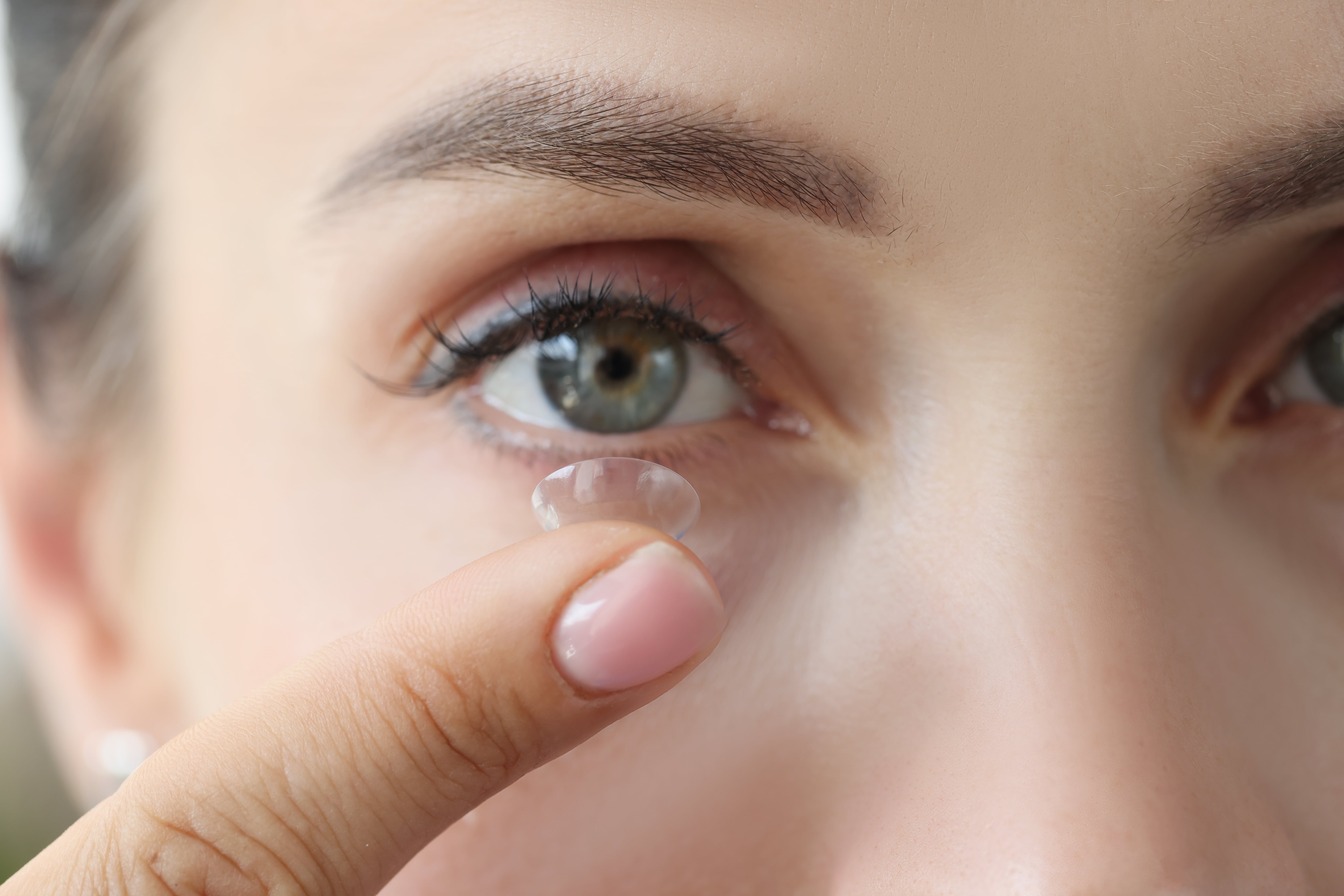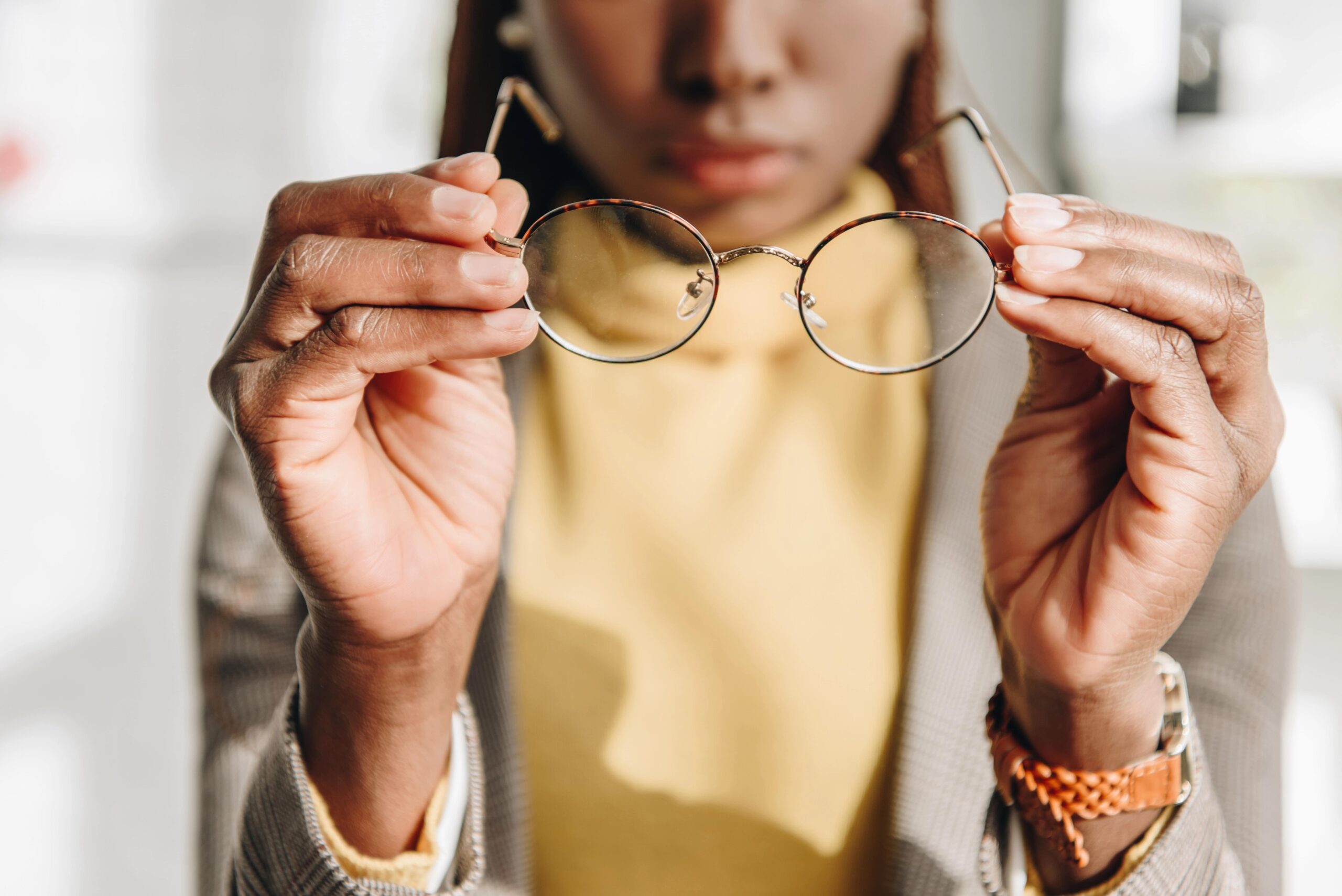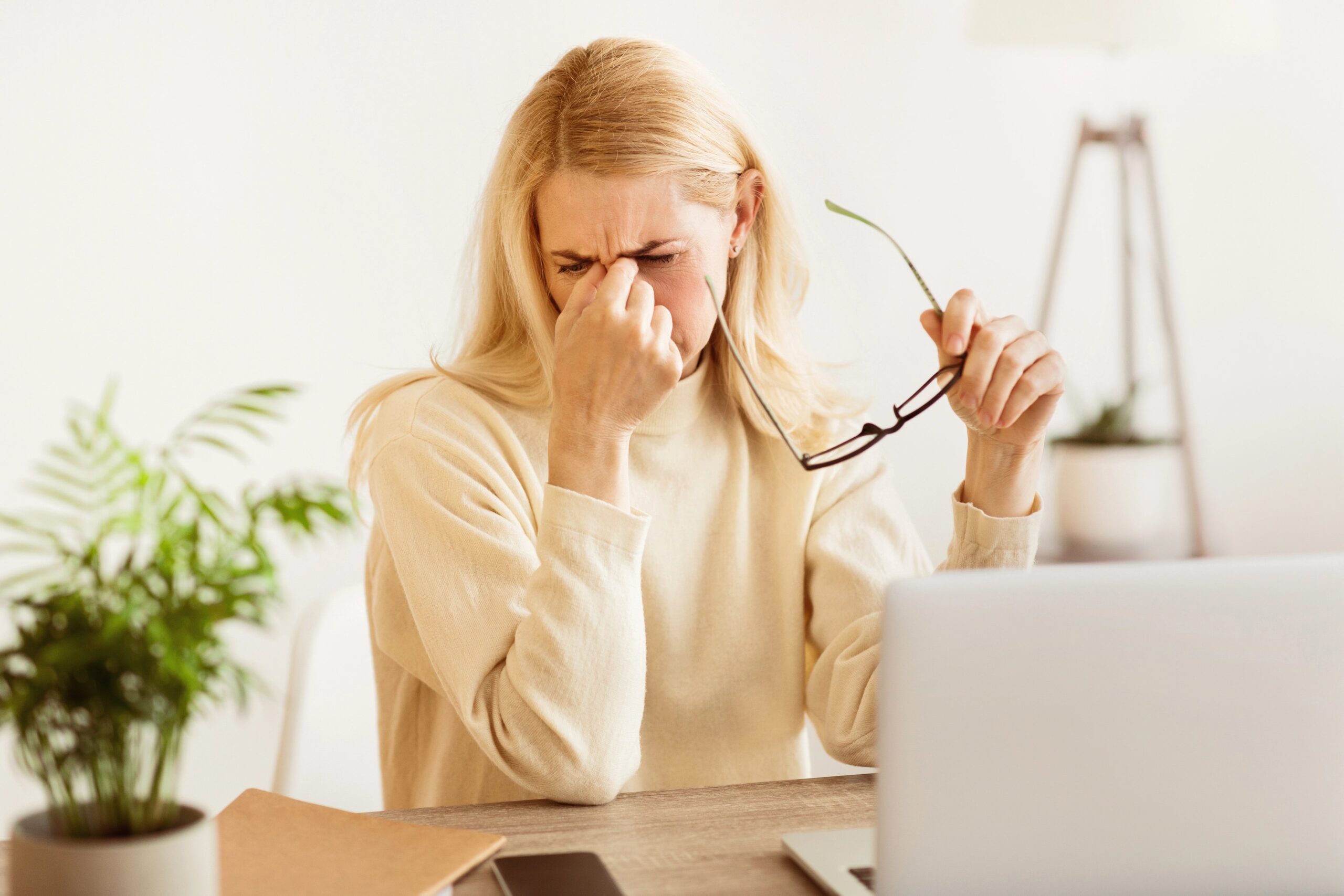Blog
Latest news and update

Why Do My Contacts Burn?
Why do my contacts burn? When you receive the proper prescription, use good hygiene, and insert your contact lenses properly, your eyes shouldn’t hurt. Sure, it might take a little time

What Are High-Index Lenses?
Did you know that eyeglass lenses improve your eyesight by bending light and focusing it on the retina? In the past, this meant that a stronger prescription required a thicker

Prescription Reading Glasses vs. Over-the-Counter Readers
Did you know that just about everyone requires reading glasses eventually? This is due to presbyopia, a natural aging process that causes the eye’s lens to become less flexible, making

Using the 20-20-20 Rule to Reduce Eye Strain
Maybe you’ve heard of the 50/30/20 rule, a budgeting method that advocates allocating 50% of your after-tax income to “needs,” 30% to “wants,” and 20% to savings and debt repayment.

Multifocal Contacts 101
Presbyopia — the natural, age-related decline of close-up vision — tends to strike in our early to mid-40s, setting the stage for a new era of eyesight. When this happens,

Can High Blood Pressure Affect Your Eyes?
Physical issues are often isolated. An ear infection won’t affect your feet, a chalazion won’t harm your heart, and an ingrown toenail won’t impact your dental health. But unfortunately, some
